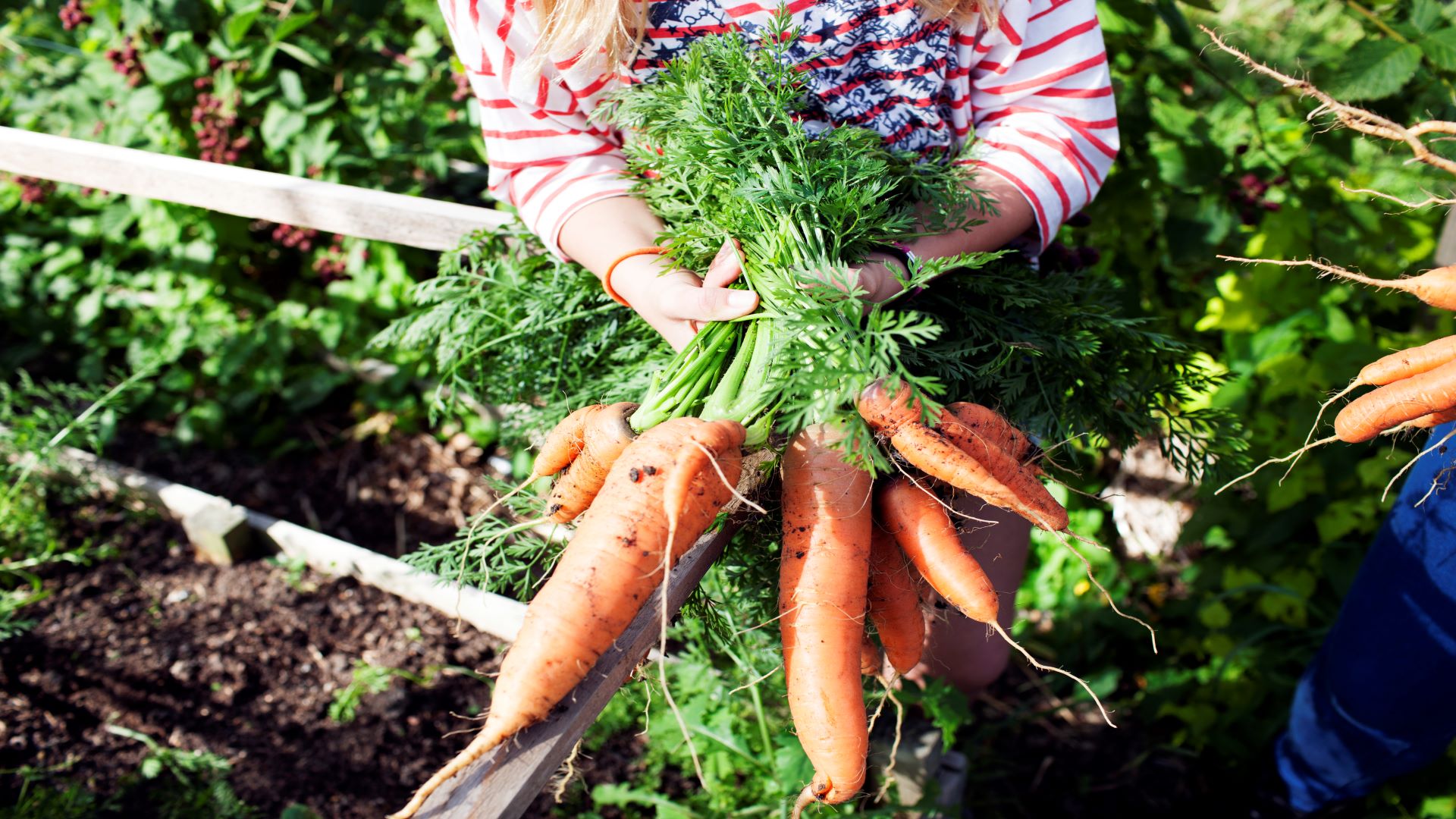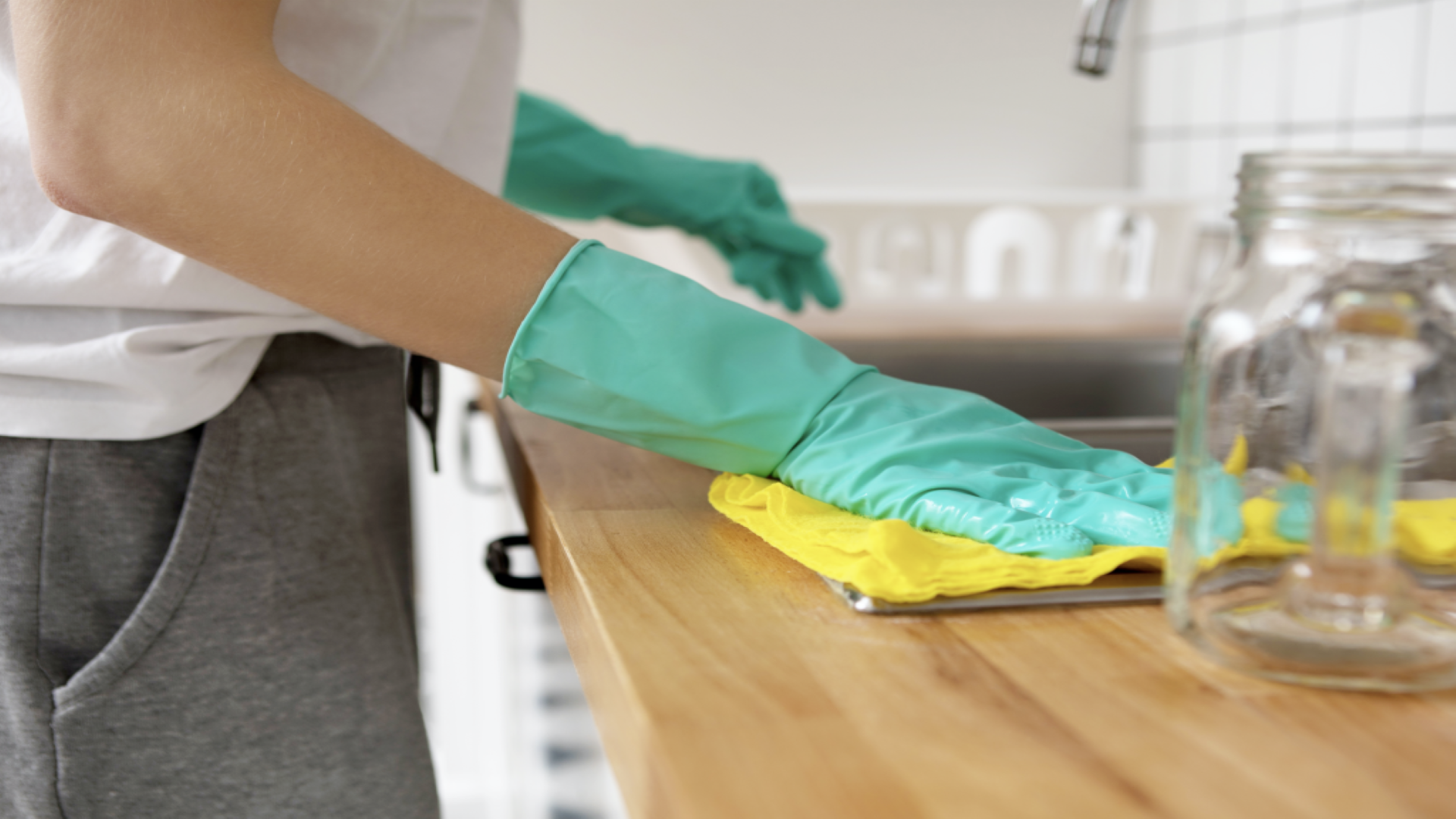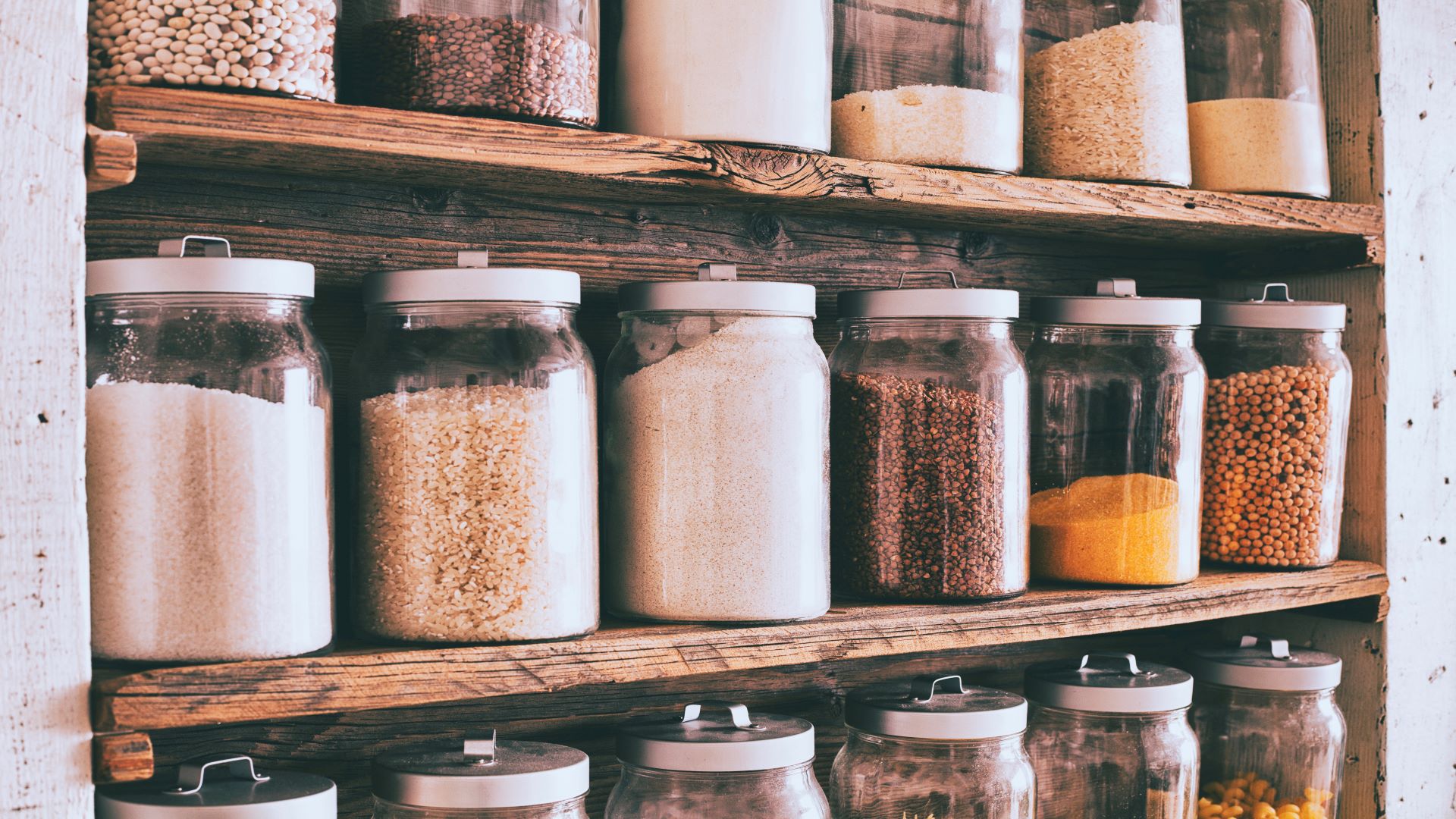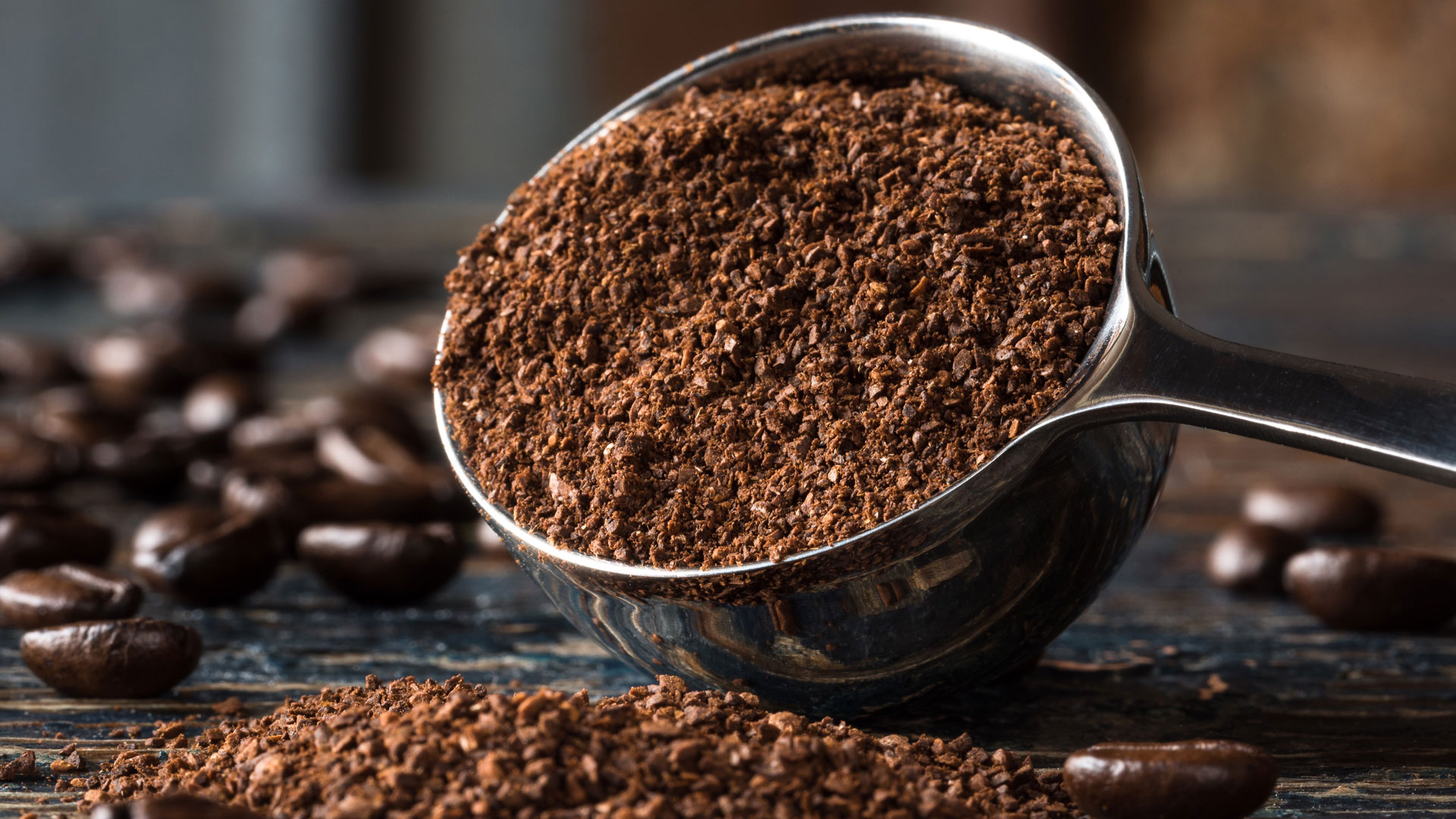If you can’t go a day without coffee then you’re in the right place. Coffee drinkers who make their cups of Joe using a caffetiere or one of the best coffee makers are bound to have plenty of coffee grounds leftover. Unless you use a pod espresso machine, your coffee maker will filter through the ground coffee to make a delicious and smooth caffeine hit but once your coffee has finished filtering, you’ll be left with some messy, and kind of useless, coffee grounds - or so we thought.
Many of us simply throw away coffee grounds ready to make a new drink, but the experts at Miele have suggested a few ways to reuse these handy grounds. In the wake of COVID, people are looking to live greener and smarter, so reusing grounds is a great way to do this, if you drink plenty of coffee. It’s reasonably well known that coffee grounds can be really useful in the garden, but what other ways are there to recycle these leftovers... and can they do more inside the home as well as outside?
1. Use coffee grounds in the garden

If you’re green-fingered and love being out in the garden, reuse your coffee grounds to give your plants some love. There are quite a few ways to use coffee grounds in the garden too! First up, use coffee grounds for composting. Adding coffee grounds to your compost will provide more nitrogen, and you can even compost the coffee filters! Nitrogen accelerates the breakdown of organic matter in compost, so the more nitrogen-rich your mix, the quicker it becomes useable compost.
To keep unwanted visitors such as worms away from your plants or veggies, Miele’s team suggests sprinkling them as a ‘ring of protection around your plants’. As well as that, coffee grounds are great for using as mulch, with Miele suggesting to use it with acid-loving plants in particular. Acid-loving plants include vegetables like onions, corn, and beans. This is great if you're looking to garden more, or be a little more self-sufficient than before.
2. Use coffee grounds for meat tenderization
We know, we know, it sounds strange but trust us. Coffee grounds make a fantastic addition to any meat rub. The grounds are acidic which helps to bring out the meat’s flavor, but they also tenderize the meat and will caramelize when it cooks. Next time you consider firing up your gas grill, try making your own coffee-based rub before you start to grill. You can add whatever spices and herbs you like to tailor it to your taste, and the end result will be tastier BBQ and - hopefully - more tender meat too.
3. Use coffee in your cleaning routine

If you’ve read our feature on how to deep clean your home then you’ll know we’re already a fan of homemade cleaning solutions that are ideal when you don’t want to (or can't) go to the store to buy products. Well, now coffee grounds can be added to your list of natural cleaning ingredients.
Coffee grounds are brilliant for using as a scrub to get rid of cooked-on food or stains on dishes ahead of putting them in the dishwasher, likewise, they can also be used to clean a barbecue grill and its racks. If you’re emptying out coffee grounds straight into a sink, simply rub them around the basin and it will remove any build-up.
As coffee grounds act as a gentle dye, you can also use a cotton swab to dip into the grounds and gently rub over scratched dark wood furniture. The color from the grounds will transfer to the furniture, helping to conceal scratches. We'd recommend practising this on a less noticeable area first though, in case you go too dark with the dying process.
4. Use coffee grounds for art
The experts at Miele suggest using coffee grounds for art projects, as well as dying fabric. A really cheap way to create art materials, you can also use coffee grounds to make DIY body scrubs and homemade beauty treatments. As with any beauty treatments though, it's always best to patch test any scrubs before you slather your whole body in them.
For DIY body scrubs, head over to karissasvegankitchen.com or theedgyveg.com.
5. Use coffee grounds to neutralize odors

Coffee grounds are fantastic at sucking up horrible smells that you’d rather not have in your home. The easiest way to do this is to let the grounds dry out completely, or bake them until they’re dry in an oven.
Once the grounds are dry you can store them in a container, cup, or jar with the lid off. You can place the grounds in your refrigerator, freezer, or simply put them in a room to absorb bad odors. Sounds strange, but it genuinely works.

